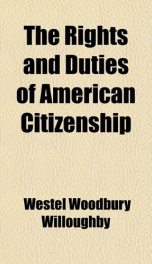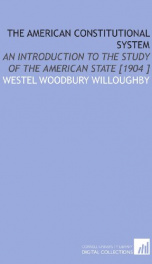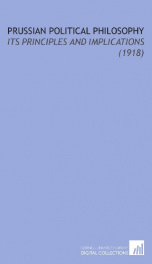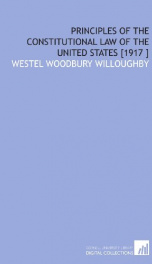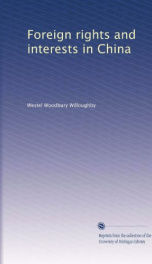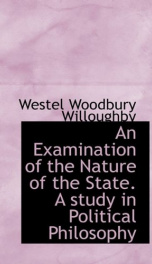china at the conference
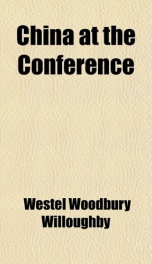
Purchase of this book includes free trial access to www.million-books.com where you can read more than a million books for free. This is an OCR edition with typos. Excerpt from book: Finally, on August 24, the Japanese Government expressed itself as in full accord with the purposes of the Conference, but nevertheless, in its communication of that date to the American Government, repeated its understanding that the scope of the Pacific and Far Eastern questions to be discussed was to be fixed by an exchange of opinions prior to the assembling of the Conference, and, furthermore, expressed the hope that the agenda of the Conference would in this way be arranged in harmony with the suggestions made in its prior memorandum. The foregoing correspondence gives ample evidence to the fact that the government of Japan did not look to the Conference without misgivings. It was clearly evident that it felt that, so far as the discussion of Pacific and Far Eastern questions was concerned, it might be called upon to give justifications of certain of its acts which it would be difficult to give and that from the Conference might result policies or determinations which would not be agreeable to itself. The Formal Invitation to the Principal Allied and Associated Powers. All of the Powers addressed having thus given their approval to the proposition that a Conference should be convened at Washington which should consider not only questions of Armament but Pacific and Far Eastern political questions as well, the President of the United States, on August 11,1921, sent the following formal invitation to Great Britain, France, Italy, and Japan: The President is deeply gratified at the cordial response to his suggestion that there should be a conference on the subject of limitation of armament, in connection with which Pacific and Far Eastern questions should also be discussed. Productive labor is staggering under an economic burden too heavy to be borne unless the pres...
Info about the book
Author:
Series:
Unknown
ASIN:
040507526X
Rating:
4/5 (3)Your rating:
0/5
Languge:
English
Users who have this book
Users who want this book
What readers are saying
What do you think? Write your own comment on this book!
write a commentGenre
if you like china at the conference try:
Do you want to read a book that interests you? It’s EASY!
Create an account and send a request for reading to other users on the Webpage of the book!

